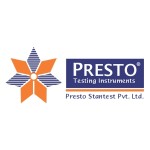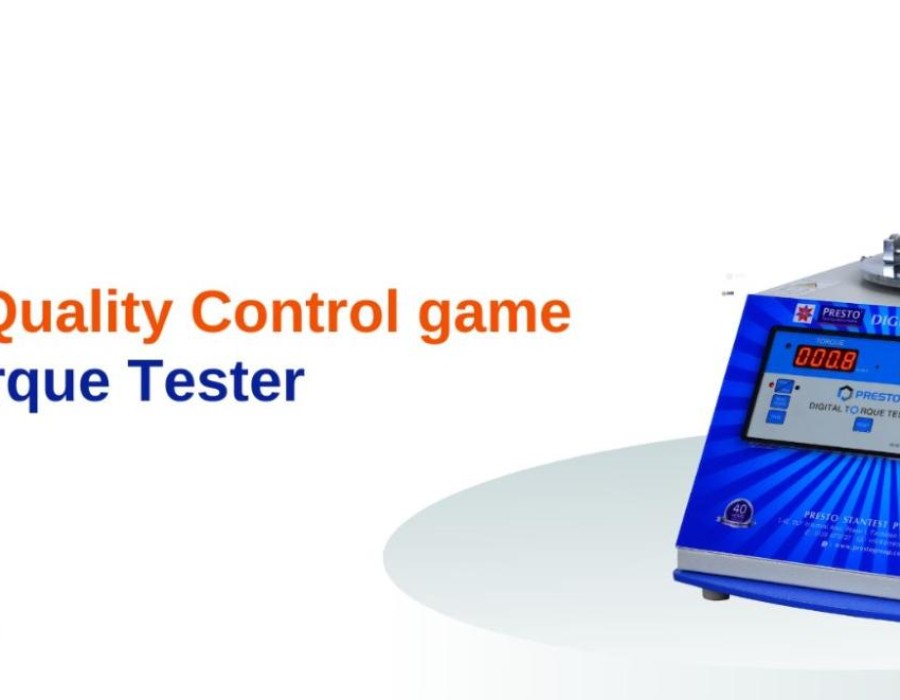A torque tester is an essential tool used to measure the force required to open or close a screw cap, such as those found on bottles, jars, and containers. This measurement, known as "torque," is crucial for ensuring that bottle caps are neither too loose nor too tight, preserving product freshness and safety. Industries ranging from beverages and pharmaceuticals to cosmetics rely on torque testers to maintain consistent quality in their products. Let’s explore how a torque tester functions, why it’s beneficial, and what factors to consider when choosing one.
How Does a Torque Tester Work?
Torque testers measure the rotational force needed to open or close caps or lids, usually in units of Newton meters (Nm) or inch-pounds. To operate, the cap or closure is placed on the tester’s fixture, and the tester then measures the force applied while twisting. This is essential for ensuring that closures meet safety and usability standards, particularly for products that need a tight seal to avoid contamination or leakage.
Many torque testers are also available in digital formats, providing high precision and allowing operators to quickly log and analyze data. Digital models also offer features such as programmable settings and real-time monitoring, which make them suitable for rigorous testing environments.
Benefits of Using a Torque Tester for Bottle Caps
- Consistency in Packaging Quality: Proper torque measurement is key to consistency in packaging. Too much torque can make a bottle cap difficult to open, while too little can cause leaks or contamination. A torque tester for bottle caps helps manufacturers maintain the right balance and avoid these issues.
- Enhanced Safety: In industries like pharmaceuticals, incorrect torque can compromise safety. If a medication bottle cap is too loose, it risks contamination, which can be harmful to consumers. By ensuring that all caps are within the correct torque range, manufacturers can ensure consumer safety.
- Improved Product Shelf Life: Properly sealed bottles and containers help maintain freshness, which is critical in food and beverage industries. Torque testers help confirm that caps are sealed tightly enough to prevent spoilage while still being easy for consumers to open.
- Cost Savings: Investing in a high-quality torque tester can lead to significant cost savings by reducing packaging waste and minimizing the number of returned products due to faulty seals or broken caps.
Choosing the Right Torque Tester: Factors to Consider
If you’re in the market for a torque tester, there are a few key considerations to keep in mind, such as the torque tester price, the type of torque tester, and the supplier.
- Type of Torque Tester: Choose between manual and digital torque testers. While manual testers may be more budget-friendly, digital torque testers offer better precision and data storage options, which are invaluable in large-scale operations.
- Torque Range: Different caps require different torque ranges, so be sure to select a torque tester that matches the force requirements of your specific product line.
- Supplier Reliability: Working with a reliable torque tester supplier ensures you’re purchasing quality equipment. Look for suppliers with a proven track record and excellent customer service to help with any maintenance needs.
- Price Considerations: When evaluating torque tester price, consider your long-term needs. A slightly higher initial investment in a quality tester can save costs in the future through improved packaging quality and reduced defects.
Final Thoughts
Investing in the right torque tester for bottle caps is a smart move for any manufacturer looking to improve product quality, maintain safety standards, and protect their brand reputation. With a reliable torque tester in place, you can ensure that your products consistently meet industry standards, providing safe, fresh, and user-friendly packaging. Whether you are a large-scale producer or a growing business, finding the right torque tester from a trusted supplier will set you on the path to superior quality control.






Comments